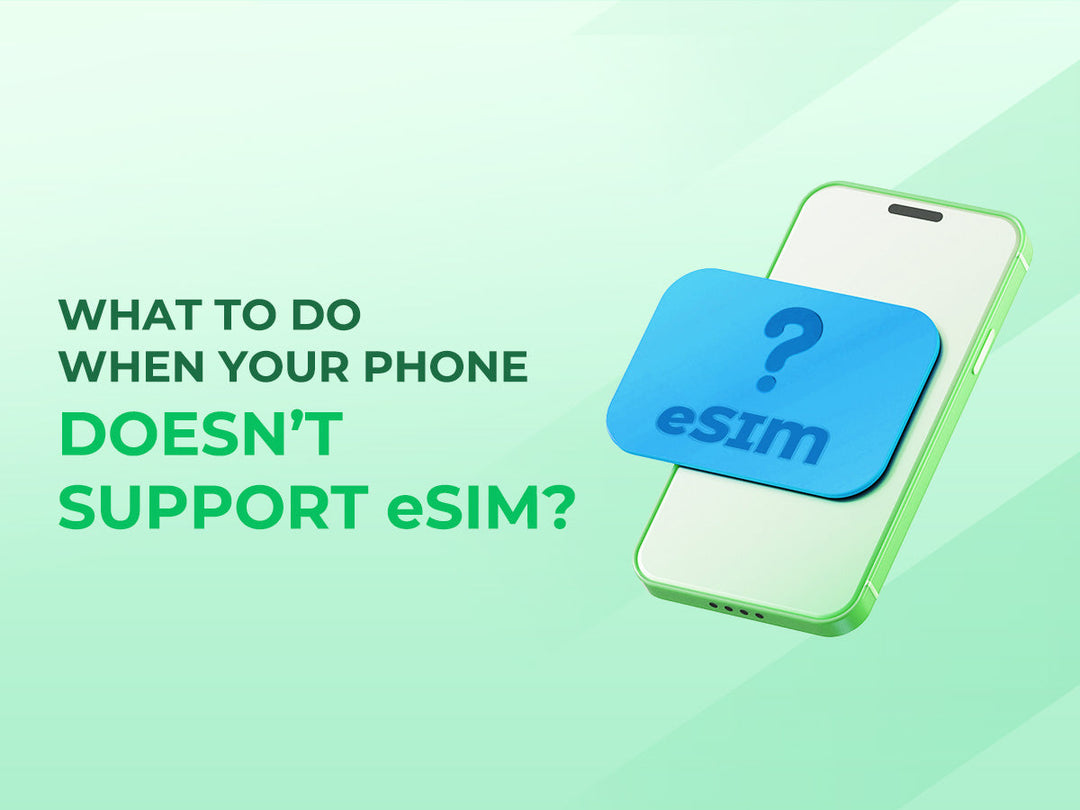Prepaid vs. Postpaid SIMs– Which is Better?

When deciding between prepaid and postpaid data SIM cards, many people feel uncertain about which payment option suits them best. Both options have unique advantages and drawbacks, so choosing the right one often depends on individual needs and lifestyle.
Overview of Prepaid SiM Card
A prepaid service allows users to pay in advance for a specific amount of data loaded onto a SIM card. Once the data limit is reached, services stop until additional credit is purchased. Prepaid plans are known for their flexibility and ease of use, especially for those who prefer not to commit to long-term contracts.
Benefits of Prepaid SIM Cards
- Prepaid plans help users maintain full control over their expenses, allowing payment only for what is needed without surprises in billing. For those with limited data needs, this cost management is ideal, as they can set a budget that fits their usage pattern.
- Prepaid plans usually do not require credit checks, providing access to people without a credit history or those with lower credit scores, making them accessible to a wider range of users.
- Without long-term contracts, prepaid users can easily switch providers or change plans without facing penalties, an advantage for those who may frequently change providers due to travel or preference.
- Many prepaid plans offer affordable packages, including options with unlimited talk and text, which can significantly reduce monthly phone expenses compared to postpaid plans. The simplicity of payment up front helps users avoid unexpected costs, such as overage fees.
- Prepaid plans typically avoid hidden charges. They pause services once limits are reached, making costs predictable and straightforward.
Drawbacks of Prepaid SIM Cards
- Prepaid plans can have a higher cost per unit for calls, data, and texts, making them more costly in the long run for heavy data users.
- These plans often have lower data caps, and data speeds may be deprioritized or throttled during high-traffic times, impacting performance for users needing consistent high-speed access.
- Users need to monitor their balances and add funds regularly, which can be inconvenient, especially if services are paused unexpectedly due to depleted funds.
- Unlike postpaid plans, prepaid options rarely include perks like access to premium services or device financing options, which may be a disadvantage for those seeking added value beyond basic services.
Overview of Postpaid SIM Card
A postpaid plan allows users to pay after each billing cycle for the services they have used during that period. Postpaid plans typically involve a contract, with a set monthly fee based on a plan’s allowances. These plans often include discounts for bundling services like data, calls, and texts, making them attractive to high-usage customers.
Advantages of Postpaid SIM Cards
- For those who need consistent, high data usage, postpaid plans often have a lower per-unit cost for data, calls, and texts, making them a cost-effective choice over time, especially when bundled with unlimited options.
- Postpaid plans commonly allow users to finance high-end devices as part of their contract, spreading the cost over the plan’s term without needing upfront payment, making it easier to afford top-tier phones.
- Many postpaid plans offer extras like subscriptions to streaming services, international calling add-ons, and access to exclusive networks or faster data speeds. These perks appeal to users looking for added value beyond core services.
- With postpaid plans, users don’t face unexpected service disruptions due to lack of funds. This reliable, continuous access is a significant benefit for users who rely on consistent connectivity for work or travel.
Potential Disadvantages of Postpaid SIM Cards
- Postpaid plans usually require a contract, limiting flexibility. Early contract termination often incurs penalties, and while some plans are contract-free, this is less common.
- Postpaid plans typically involve a credit check, which can be restrictive for individuals with poor or no credit history, sometimes even requiring a deposit or guarantor.
- While they include perks, postpaid plans tend to have higher monthly costs than prepaid options, particularly for users who may not fully utilize the added services.
- Since billing occurs at the end of each cycle, users may face high charges if they exceed plan limits or add extra features. This system offers less spending control compared to prepaid plans, where costs are upfront and fixed.
Prepaid vs. Postpaid SIMs: Cost
Prepaid plans generally have straightforward costs, as users pay in advance and control spending by selecting specific data and service bundles. This prevents the risk of overage fees, which can be an advantage for users with limited budgets.
While postpaid plans offer convenience and potential savings in bundled services, hidden charges may apply. These include roaming charges, overage fees for exceeding data limits, and premium service add-ons that can increase monthly bills. To avoid surprises, users should read the contract’s fine print and assess if these extras align with their needs.
Prepaid vs. Postpaid SIMs: Flexibility and Freedom in Usage
Prepaid plans provide maximum flexibility, allowing users to change providers or adjust data limits as needed without facing contract penalties. This makes them ideal for travelers or users who prefer a month-to-month setup without binding commitments.
In contrast, postpaid plans typically require contract terms that limit flexibility. Adjusting or canceling services during the contract period may involve penalties, restricting users from freely adapting their plans. This structured approach may not suit users who value month-to-month flexibility over service perks.
Prepaid vs. Postpaid SIMs: Credit Impact and Eligibility
Postpaid services usually involve a credit check to ensure that users can commit to monthly payments. A strong credit score may also qualify users for additional benefits, such as financing options for new devices. This requirement, however, limits access for those with no or low credit scores .
Prepaid plans eliminate the need for a credit check, making them accessible for users with poor or no credit history. This appeals especially to students, new residents, or individuals seeking to avoid credit impacts. For those looking to manage expenses independently without credit implications, prepaid plans present a viable alternative.
How to Choose Between Prepaid vs. Postpaid SIM Services
Different situations may make one option more appealing than the other:
- For those who travel often, prepaid services can be the better choice, as they allow users to switch providers easily and purchase local SIM cards in each country to save on roaming costs.International prepaid SIM cards also provide affordable options for data and calling when abroad.
- For users who consume a lot of data, postpaid plans might be more economical, as they usually offer larger data packages or unlimited data options at a better rate than prepaid plans.
- Postpaid plans often provide discounted family packages, allowing several users to share data, texts, and minutes within one account. This setup can be more cost-effective for families or groups who prefer a single bill and more generous data limits.
Final Words
Choosing between prepaid and postpaid plans depends on an individual’s needs, budget, and lifestyle. Prepaid services offer flexibility, freedom from contracts, and control over spending, making them a suitable choice for budget-conscious users or those with no established credit history. Postpaid plans, on the other hand, provide convenience, perks, and cost advantages for heavy users, making them ideal for those with stable usage patterns and a good credit score.
FAQs
What is the main difference between prepaid and postpaid SIM cards?
Prepaid SIMs require payment in advance for a specific service limit, while postpaid SIMs bill you monthly based on usage or a set plan.
Who should consider a prepaid SIM card?
Prepaid SIM cards are best for people who want flexibility, control over spending, and no contracts. They're also suitable for those without a credit history.
Who benefits more from postpaid SIM plans?
Postpaid plans work well for users with high data needs, those seeking perks like device financing, and anyone who prefers seamless connectivity without monitoring balances.
Are prepaid plans cheaper than postpaid ones?
For low to moderate data usage, prepaid plans can be cheaper due to no overage fees. However, postpaid plans may be more economical for heavy data users due to bulk rates.
Can I switch providers easily with a prepaid plan?
Yes, prepaid plans offer easy switching since they don't lock you into a contract, making them ideal for travelers or users who frequently change providers.
Do postpaid plans always require a credit check?
Most postpaid plans require a credit check, and some may also need a deposit. This can make them inaccessible to users with low or no credit scores.
Do prepaid SIMs include perks like streaming services?
No, prepaid plans rarely offer add-ons like streaming or premium access. Postpaid plans, however, often include such perks as part of the package.
Are there hidden charges in postpaid plans?
Postpaid plans can have additional charges for overage, roaming, or premium add-ons, so it's crucial to read the contract details carefully.
What happens if I reach my data limit on a prepaid plan?
Your service stops until you add more funds. This feature helps users avoid unexpected costs but requires active balance monitoring.
Do postpaid plans suit families better?
Yes, postpaid plans often have family bundles that allow multiple users to share data and minutes, typically making them more economical for families.
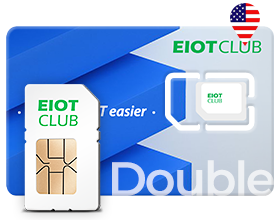
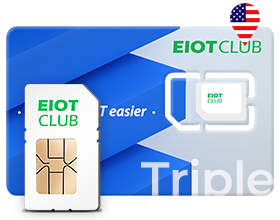

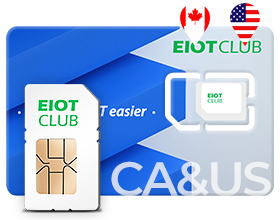



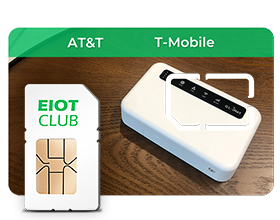













 eSIM
eSIM
 Refill
Refill


